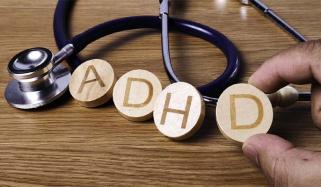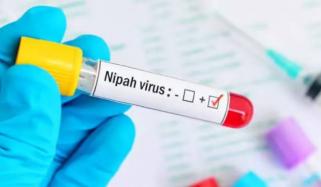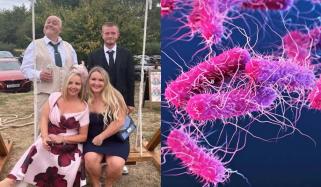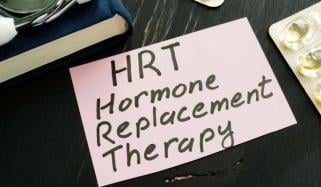
In breakthrough research, scientists offer hope to people dealing with painful memories and flashbacks.
According to Science Alert, scientists have found a new and promising method to erase negative memories, making the treatment of numerous mental health issues easy.
A study published in the PNAS journal revealed that the traumatic memories of the person could be weakened by reactivating positive ones.
For the experiment, a team of international researchers asked 37 participants to link random words with negative images. After this, they tried to replace the bad memories with new ones for half of the words.
On the first day of the experiment, researchers showed participants negative images with made-up words; the next day, after a night of sleep to consolidate those memories, they linked half the words with positive images.
The researchers wrote, “We found that this procedure weakened the recall of aversive memories and also increased involuntary intrusions of positive memories... Our findings open broad avenues for seeking to weaken aversive or traumatic memories.”
During the second night, researchers played the recordings of the made-up words while the participants were sleeping and monitored their brain activity using electroencephalography.
“A noninvasive sleep intervention can thus modify aversive recollection and affective responses. Overall, our findings may offer new insights relevant to the treatment of pathological or trauma-related remembering," researchers further added.
Later in follow-up questionnaires the next day and several days after, the researchers found that participants were troubled remembering the negative memories associated with the words because they had been replaced with the positive ones.
Researchers noted that positive memories came to mind more easily than negative words and are viewed with a more positive emotional bias.















